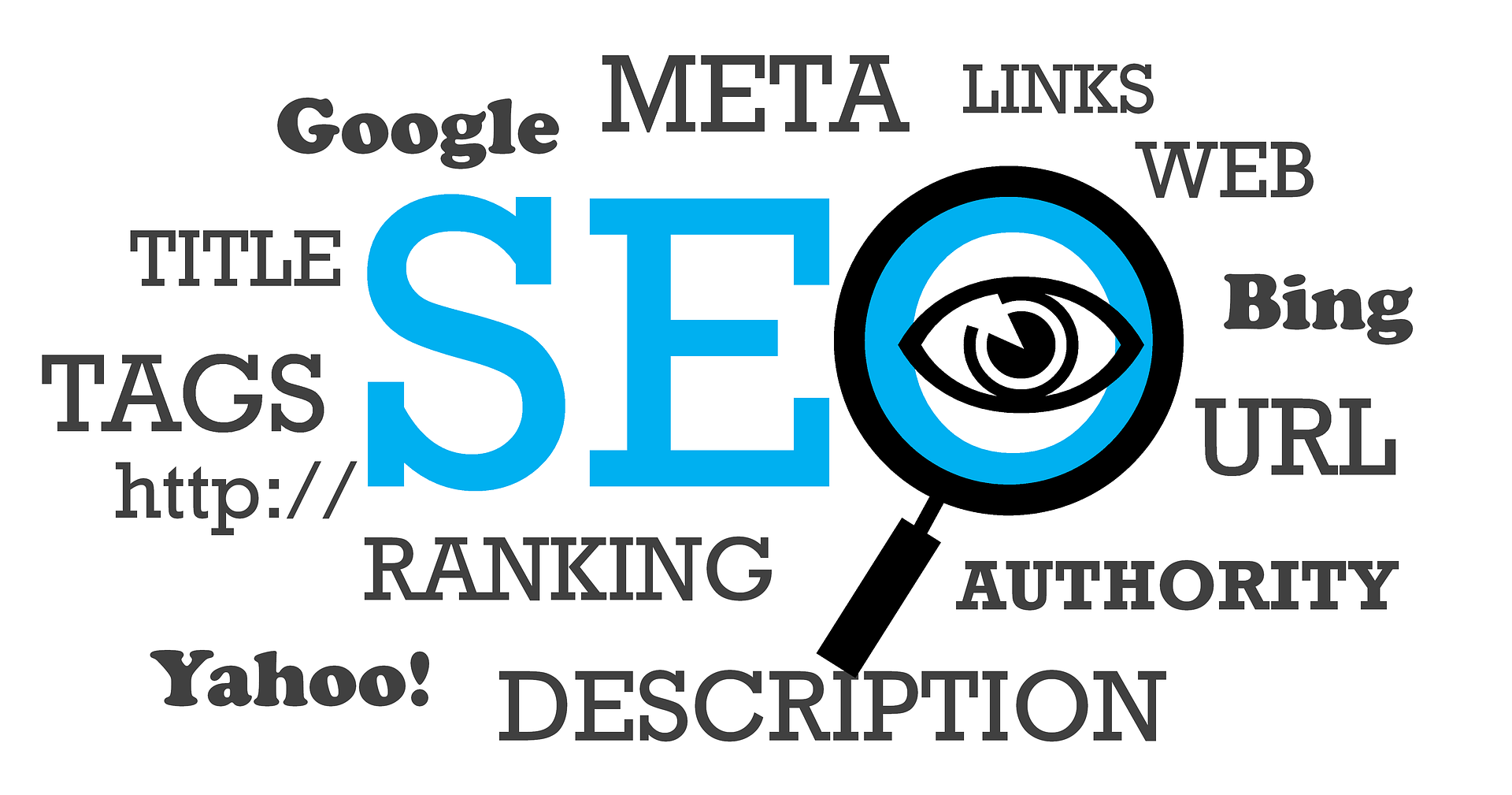Google Maps has revolutionised how we interact with the world. For consumers, it helps to navigate towns we live in and when roaming around the world.
For businesses, it offers another avenue for your brand to get discovered – both in the search results and on Google Maps itself.
But how do you go about getting discovered? How can you ensure your business is appearing when people look for relevant businesses?
What is Google Maps marketing?
Google displays businesses in the search results in a “local 3-pack”. Google will only display your business if it is deemed relevant to the search term.
Google Maps marketing is how you convince Google that your business is relevant to certain search terms.
If your business isn’t in that local pack at the top of the search results, it’s much less likely someone will expand or click through to discover your business when others are presented as the top 3 options.
What factors influence rankings?
Google has many, many factors in its algorithm, and with Google Maps results it’s no exception.
Location is a huge factor. So if your business is close to the users location, you are more likely to appear.
The business category you are in will also influence whether you rank.
How do I rank with Google Maps marketing?
The reviews you have on Google itself will also influence whether you rank. If you have lots of 5-star reviews, Google obviously sees this as a positive influencer, and that you may be a good option to rank for people searching. On the other hand, if you have lots of poor reviews, you are less likely to appear as you have a bad reputation. If you have no reviews, it’s not the end of the world, but it’s one less element that may help you rank above businesses with lots of positive reviews.
How to get reviews, you ask? Ask your existing customers. Put out signs in your shop or banners on your site asking to rate you. Once you get reviews you should also be responding to them to say thanks or address concerns.
Your Google My Business listing is where all the data is stored, and is what Google will go off to determine whether to rank you.
You should complete your Google My Business listing as fully as possible.
You should also check all of the data in Google My Business is accurate, up-t–date, and consistent. While there might be a slight discrepancy in certain details, for instance “Rd instead of Road”, it’s good to keep consistency. Your website should display the same address as your Google My Business listing, as well as any other listings your business appears on.
Uploading photos which show what you are about or what you offer is also a good idea. Google says:
Your listing is a great place to showcase the photos that capture your business. Businesses with photos receive 42% more requests for driving directions to their location from users on Google, and 35% more clicks through to their websites than businesses that don’t have photos.
https://support.google.com/business/answer/6335804?hl=en&__hstc=20629287.8f79d438ca20ec17cfb026c477c81f87.1567073926163.1576754288239.1576757643331.7&__hssc=20629287.1.1576757643331&__hsfp=273681308#Share_photos
You can add:
- Your logo – this helps people to recognise your brand
- Cover photo – choose a photo which represents your business
- Additional photos – features of your business, products, services, interior – whatever will help people decide to do business with you
You can also post directly to Google as a local business. It’s like another social avenue.
Google’s guidelines are:
Make sure it’s high quality: Low quality text, including misspellings, gimmicky characters, gibberish, automated or distracting content, won’t be helpful for customers.
Keep your posts respectful: Refrain from using obscene, profane, or offensive language, images, or videos.
Only post links to websites you trust: Links that lead to malware, viruses, phishing, or pornographic material aren’t allowed.
Regulated goods and services: If you offer products or services in an industry that is regulated, you’re allowed to use posts but you can’t post content related to the products themselves. Regulated industries usually include adult services, alcohol, tobacco and pharmaceutical products, recreational drugs, health & medical devices, gambling-related services, fireworks, weapons, and financial services.
Keep your posts family-friendly: Refrain from posting sexually suggestive or explicit content.
https://support.google.com/business/answer/7342169?hl=en
Take the below as an example – searching for chinese takeaway sat in our office in Ely.

You can see Google knows where I am, so is showing businesses local to me. All 3 businesses appearing in the pack have over 4 stars. They also are all specific to chinese.
If I expand that pack, it’s easy to see why these 3 businesses were picked.

A kebab house isn’t as relevant. Neither is Prezzo or a generic takeaway. Google knows I want chinese, so has picked the 3 most relevant.
How about searching directly on Google Maps? If I search for a barber, you can see the top results all have very high ratings and lots of reviews. They have lots of details in their listings.

The top listing has lots of detail.

However, the one at the bottom of the screen has no photos, business hours, and 5 reviews compared to the 65. It will also be less relevant as it is not a “barber” per se.

Analyse data
Using Google Analytics and Google My Business reports, you should take a look at how people are finding your business. Where are you appearing on Google? How do people interact with your website? Are people clicking for directions to your business? Are people viewing your photos on your Google My Business or Maps listing?
At the end of the day, it’s likely users will find what they want in the Map results, and won’t scroll further down.






